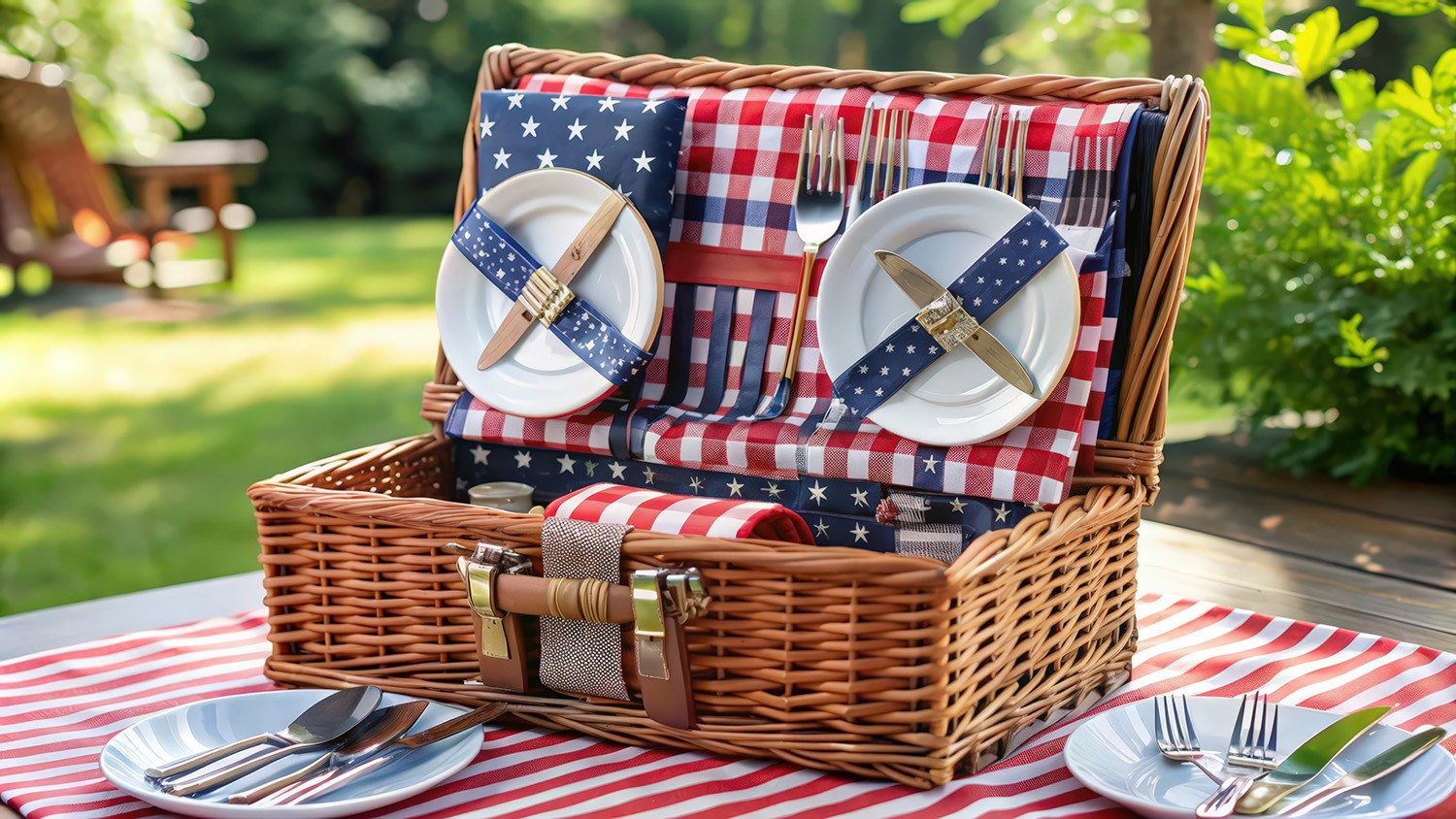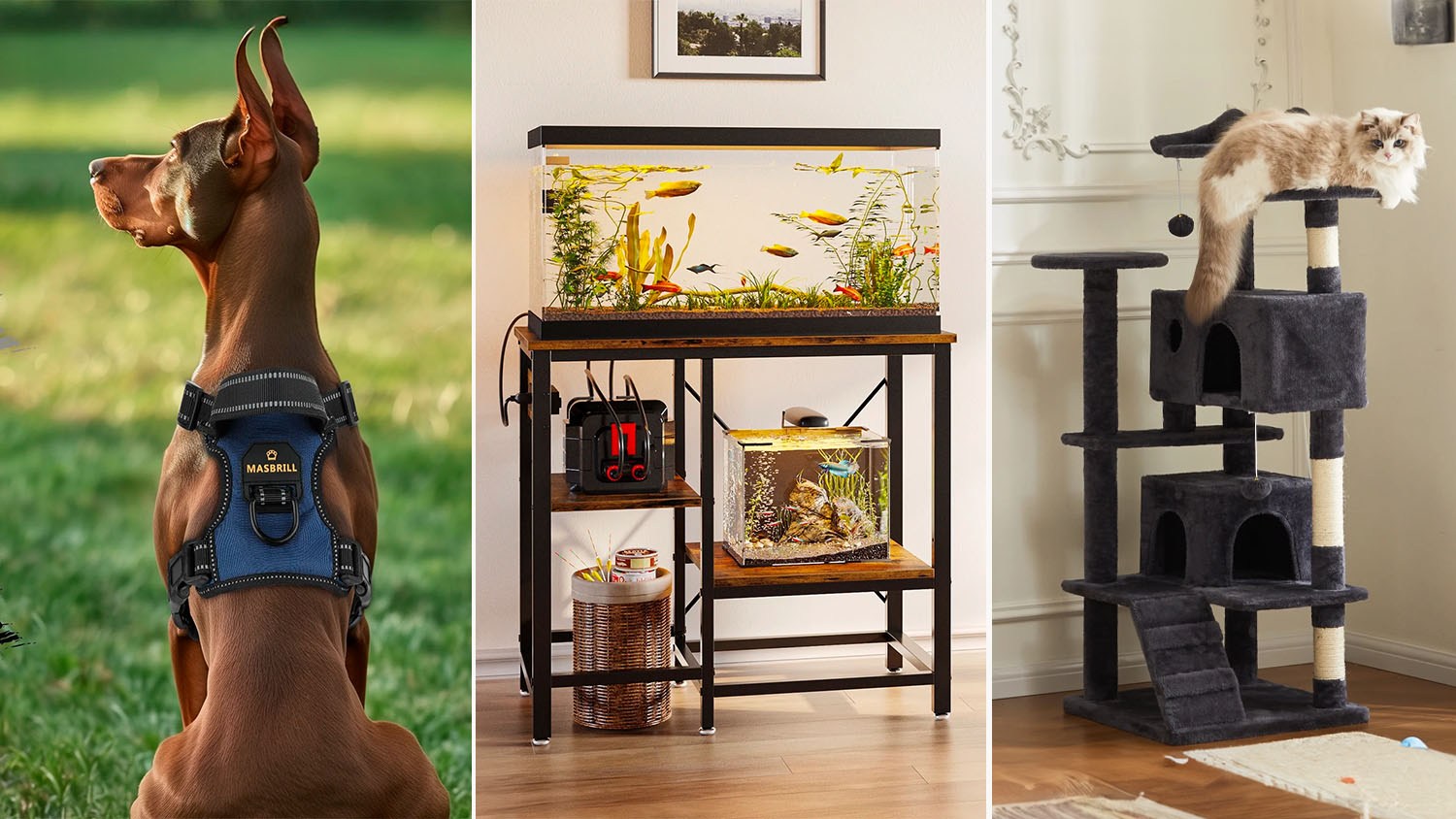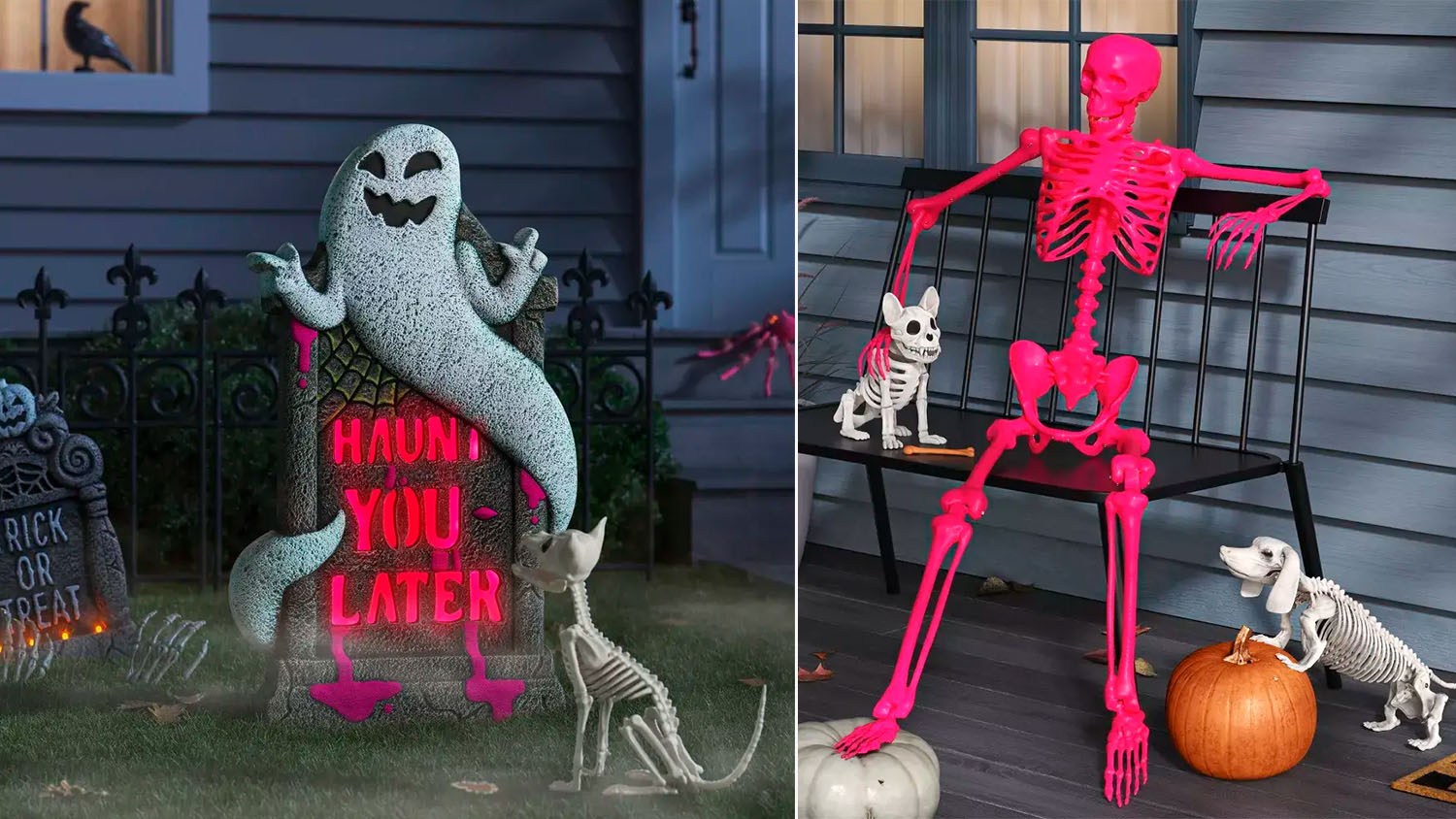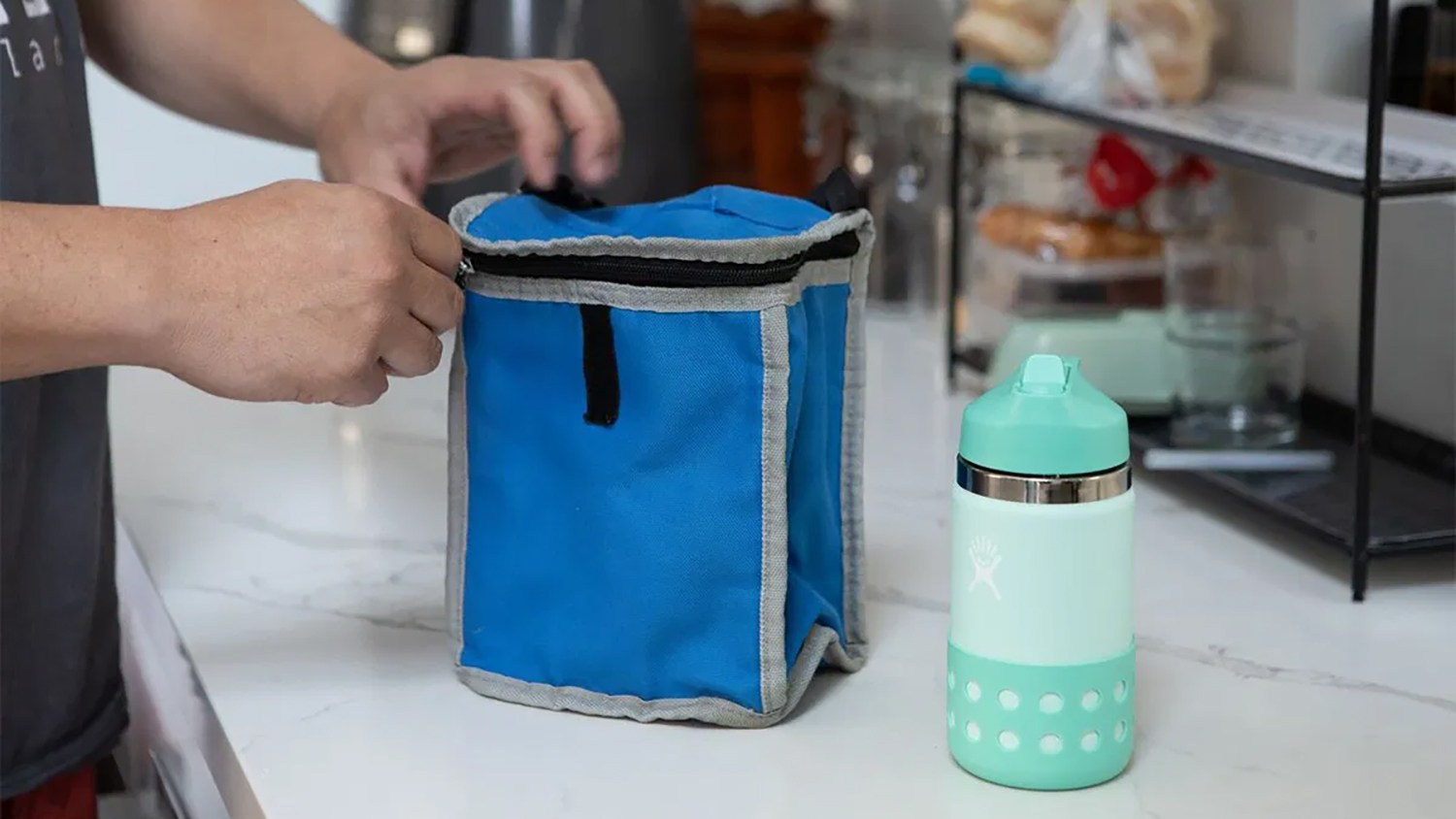SUFFOLK, Va. (WAVY) — “It’s really just an excuse for people to get together and eat cake and party, not much else.”
Those were George Webster’s thoughts about his 106th birthday, which he celebrated on Saturday. Or, at least, those were his initial thoughts.
From his room at Lake Prince Woods nursing home Monday afternoon, Webster — who is now wheelchair bound but still has quite the crop of slicked back silver hair — looked back on a subsection of those years with fondness: the years he served as a naval aviator during World War II.
“I enjoyed being in the Navy very much,” Webster said.
Webster was born June 26, 1915 in Los Angeles, California. He joined the Navy at the age of 18 for two reasons: The first, he didn’t want to operate a hardware store like his parents did. The second, following a ride on a “barn-storming” plane as a kid, he knew he wanted to be a pilot.
When he began telling people of his plans to join the Navy, one of his father’s friends who he remembered as “Ed” gave him a bit of advice.
“He said ‘Well one of the things they are going to ask you is to say the alphabet backward’,” Webster recalled. “I was determined to get into the Navy so bad. I practiced.”
“Z-y-x-w-v-u-t-s-r-q-p-o-n-m-l-k-j-i-h-g-f-e-d-c-b-a,” Webster rattled off in roughly five seconds.
“Of course [the Navy] didn’t [ask],” Webster said. “Just a bunch of baloney.”
Webster was eventually able to live out his dream and was stationed at Naval Air Station Kanoehe Bay in Hawaii in April 1941 as an enlisted pilot with Patrol Squadron 14.
“I am not bragging or nothing, but I was really good with my instruments,” Webster said. “I could run ‘under the hood’ as they say.”
On Dec 7, 1941, he like so many others was tested like never before.
He recalled seeing low flying planes and a woman on the side of the road clapping, thinking it was the Army Air Corps putting on a show.
Moments before, he saw a PBY aircraft blow up that was anchored to a buoy on the bay.
“I said ‘You better not clap your hands about that. Those are the Japanese and this is a war.’ And it was,” he said.
Webster recalled all aircraft and his hangar were destroyed.
Ultimately, he would fly 186 combat missions and is credited with sinking a Japanese ship.
He can still clearly detail missions he was on, such as one when he took a photographer along to photograph an enemy runway.
The day before, a pilot had gone on a similar mission and not returned.
“I told [the photographer] I’m going to make one pass. Because I know they are going to be shooting at me and I’m not going to go back,” Webster said. “If I get through with that one pass and I’m still alive. I’m not going to go back and have you tell me you didn’t have your camera loaded or some damn excuse.”
Webster was adamant that he doesn’t sit around and think of his experiences much anymore and thinks too many people make a big deal of war “to make money.”
“Very happy that I was able to get through World War II,” Webster said. “I don’t consider myself to be very special myself at all. I’m a survivor of World War II — that’s it.”
In his room now, he has a folded up American flag displayed next to a pillow showing the face of his wife of 80 years, who died in 2016.
When asked what it is like to turn 106, Webster said “I was very fortunate to be alive.”
“I’ve made it to 106 and I will continue to be here as long as the lord wants me to,” he said.
































































